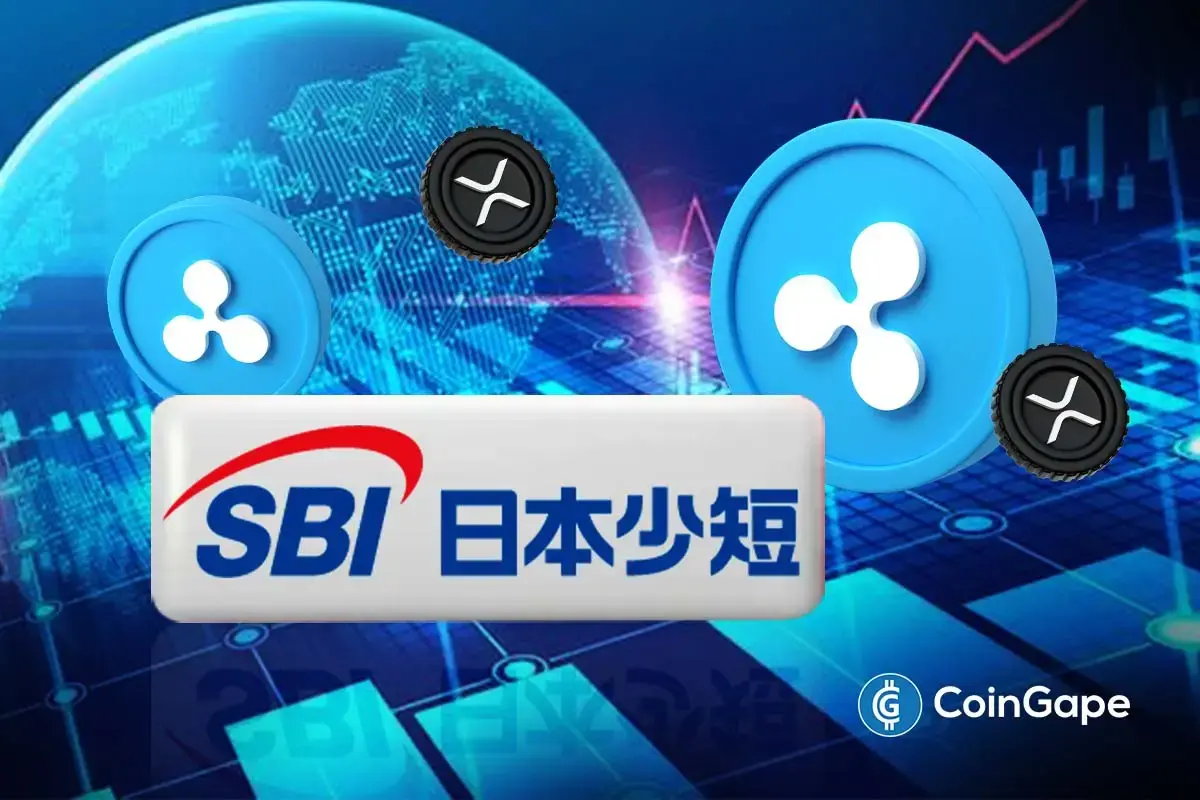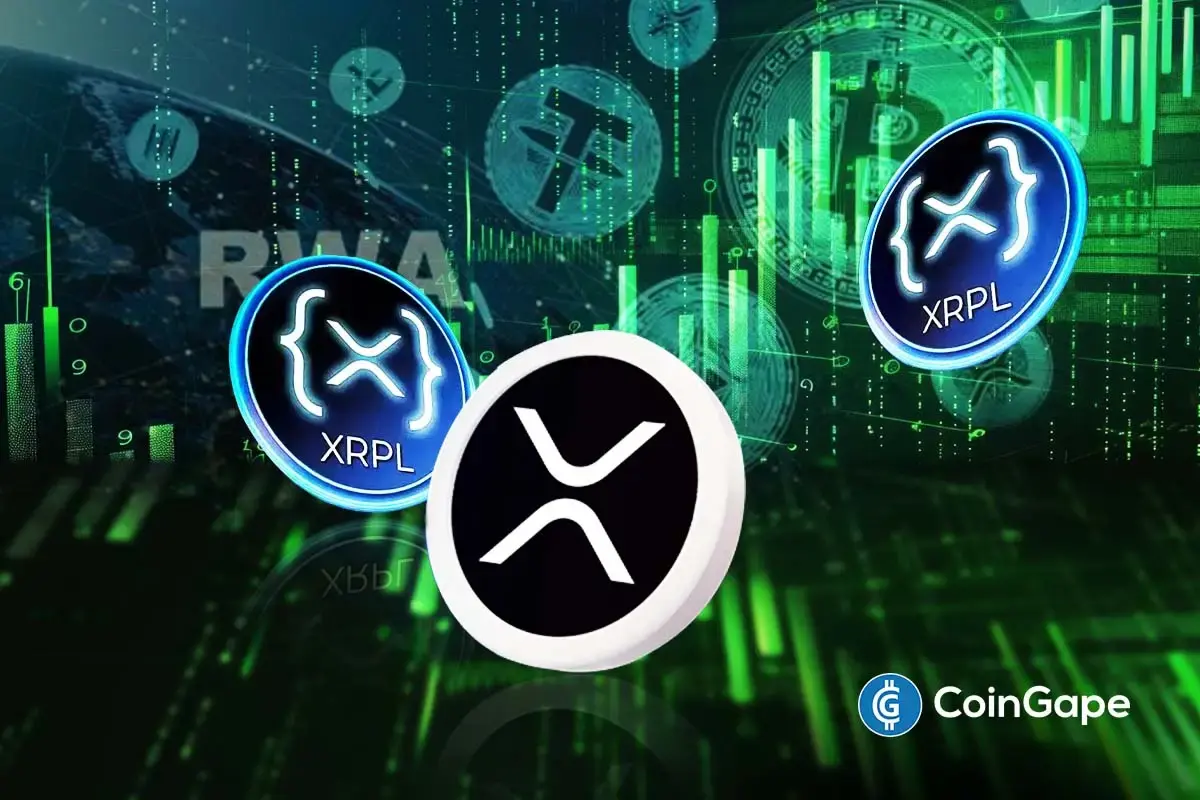South Korea Targets Unlicensed Crypto Exchanges, Google Restricts Access

Highlights
- South Korea has requested Google to block access to 17 unlicensed crypto exchanges.
- Google blacklists these platforms denying downloads and updates.
- The country is in talks with Apple Korea and KCSC to block access to these exchanges.
In South Korea’s latest crypto regulatory move, the Financial Intelligence Unit (FIU) has requested Google to block access to 17 unlicensed crypto exchanges. These unregistered virtual asset service providers (VASPs) include KuCoin, MEXC, Phemex, XT, CoinEx, BitMart, and Poloniex, among many others.
Reportedly, Google has responded positively to the FIU’s request. As a result, South Korean users will no longer be able to access these listed platforms, effective yesterday.
South Korea Tightens Regulations: Google Blocks 17 Crypto Exchanges
In a recent development, South Korea’s FIU has requested Google to block users from accessing 17 unlicensed crypto exchanges, including KuCoin, MEXC, Phemex, XT, CoinEx, BitMart, and Poloniex. As part of the move, Google blacklisted these platforms since yesterday.
This move targets foreign exchanges that have not registered as domestic businesses. The criteria for determining this are whether the exchange has provided a Korean-language website, whether events or marketing campaigns are conducted to attract Korean users, and whether Korean Won payment is supported.
Notably, South Korea’s decision to block access to these crypto exchanges comes amid growing concerns over crypto theft and money laundering activities. Recently, South Korea announced its potential regulatory revamp in a move to strengthen the country’s anti-money laundering rules.
Google Restricts Downloads and Updates
The Financial Services Commission (FSC) enlisted 22 unregistered platforms on March 26. In response to the South Korean financial regulator’s request, Google has blocked users’ access to the crypto exchanges that are deemed unregistered. In addition, the Google Play Store will not allow users to download or update the applications of these crypto exchanges.
Meanwhile, the FIU asserted that the financial watchdog is collaborating with Apple Korea and the Korea Communications Standards Commission (KCSC) to block both internet and App Store access to these exchange platforms.
Interestingly, the FSC believes that this strategic measure could help prevent money laundering activities involving crypto assets and potential future harm to local users. This move comes just a few days after the FIU launched a crackdown on these exchanges. It is alarming that KuCoin, one of the top crypto exchanges, is also facing intense scrutiny from FIU.
South Korea’s Crypto Regulations: What To Expect More?
Significantly, South Korean regulators mandate crypto exchanges to adhere to the country’s licensing rules before offering services. The restrictions apply to foreign platforms that cater to Korean users by offering Korean-language interfaces, conducting targeted marketing campaigns, or facilitating transactions in Korean won.
According to FIU’s official statement, the platforms that violate these laws could face up to five years in prison or fines of up to 50 million won (approximately $34,150).
South Korea vs United States: Crypto Regulatory Views
South Korea’s rigid crypto regulations come amidst the United States’ loosened norms under President Donald Trump. While South Korea is restricting access to crypto exchanges and tightening regulations, the US is dismissing prevailing crypto lawsuits.
This distinct regulatory trend highlights the two countries’ differing approaches to balancing innovation and investor protection in the rapidly evolving crypto market. The wider implications of these approaches remain differing with South Korea’s caution likely to influence Asian markets and the US’s permissiveness potentially shaping Western regulatory norms.
- Wall Street Giant Signals XRP Price ‘Long Winter’ After Cutting Target By 65%
- Shark Tank Kevin O’Leary Warns Bitcoin Crash as Quantum Computing Threats Turns Institutions Cautious
- Japan’s SBI Clears XRP Rumors, Says $4B Stake Is in Ripple Labs Not Tokens
- 63% of Tokenized U.S. Treasuries Now Issued on XRP Ledger: Report
- Will Bitcoin & Gold Fall Today as Trump Issues Warning to Iran Before Key Nuclear Talks?
- Bitcoin Price Prediction as Experts Warns of Quantum Risks
- Dogecoin, Shiba Inu, Pepe Coin Price Predictions As BTC Crashes Below $68k
- Ethereum Price Outlook as Harvard Shifts Focus from Bitcoin to ETH ETF
- HOOD and COIN Stock Price Forecast as Expert Predicts Bitcoin Price Crash to $10k
- XRP Price Prediction Ahead of Supreme Court Trump Tariff Ruling
- Crypto Price Prediction For This Week: Dogecoin, Solana and Cardano


















